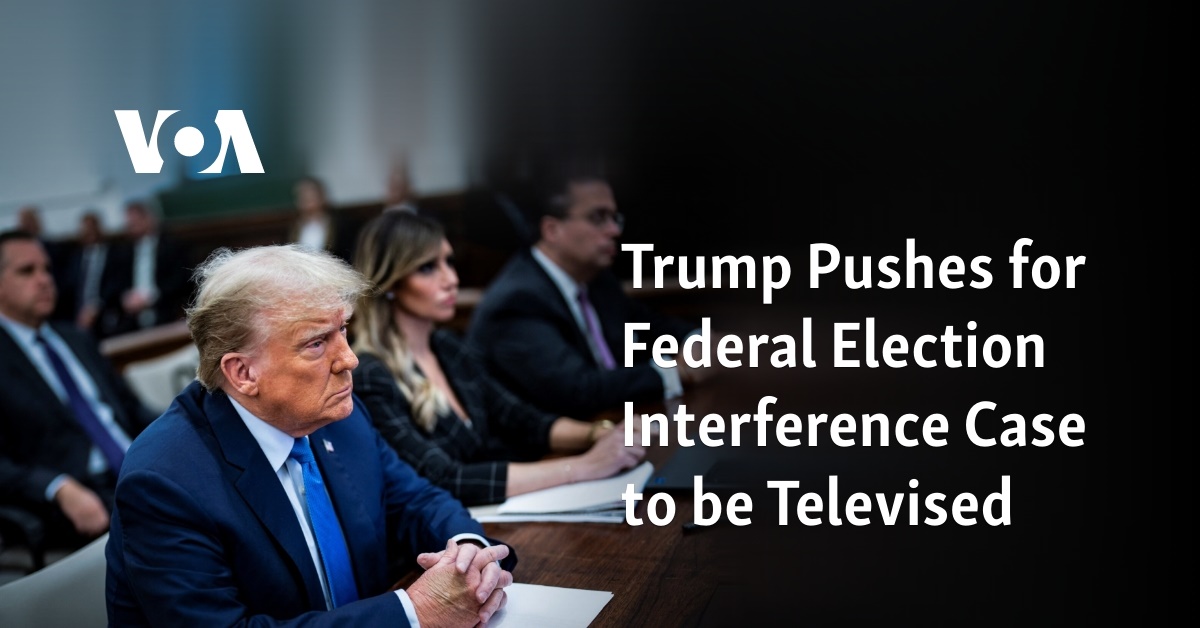
Sinn Féin Vice President Michelle O’Neill speaks following her appointment as Northern Ireland’s First Minister during Northern Ireland Assembly sessions in Belfast, Saturday February 3, 2024. An Irish nationalist has made history by becoming Northern Ireland’s first female minister. Sinn Féin vice-president Michelle O’Neill is expected to be elected first minister as the government returns to work after a two-year boycott by unionists. (Liam McBurney/PA via AP)
LONDON (AP) — An Irish nationalist made history Saturday by becoming Northern Ireland’s first minister as the government returned to work after a two-year boycott by unionists.
Sinn Féin vice-president Michelle O’Neill has been appointed as the first minister of the government to share power between Northern Ireland’s two largest communities – the British unionists, who want to remain in the UK, and the Irish nationalists, under the terms of the 1998 Good Friday peace agreement Those who want to remain in the UK are trying to unite with Ireland. Northern Ireland was founded in 1921 following the independence of the Republic of Ireland as a unionist part of the United Kingdom with a Protestant majority.
“The days of second-class citizenship are long gone. Today confirms that they will never come back,” said O’Neill. “As an Irish Republican, I promise cooperation and real, honest effort with British colleagues who have a union tradition and value the Union. This is a gathering for everyone – Catholics, Protestants and dissidents.”
Neither side can rule without the consent of the other. Government business fell by half in the last two years after the Democratic Unionist Party dropped out of the race in protest over trade issues surrounding Brexit.
O’Neill will share power with Deputy First Minister Emma Little-Pengelly of the DUP. The two will be equal, but O’Neill, whose party won more seats in the Northern Ireland Assembly in the 2022 election, will hold the more prestigious title.
Former DUP leader Edwin Poots was elected speaker of the chamber.
O’Neill, 47, was elected to the Stormont Assembly in 2007 and comes from a family of Irish Republicans. Her party, Sinn Féin, was aligned with the militant Irish Republican Army during the Troubles, a period of about 30 years of violent conflict over the future of Northern Ireland that ended with the Good Friday Agreement.
Former Sinn Fein president Gerry Adams, who helped negotiate the historic peace deal, was in the assembly gallery to see O’Neill’s nomination.
The return to government came exactly two years after a DUP boycott over a dispute over trade restrictions on goods entering Northern Ireland from Great Britain. Northern Ireland’s 1.9 million residents were left without a functioning administration as the cost of living soared and public services were overwhelmed.
An open border between the North and the Republic was a key pillar of the peace process that ended the Troubles, so controls between Northern Ireland and the rest of the UK were introduced instead
An agreement between Britain and the EU a year ago, known as the Windsor Framework, eased customs checks and other hurdles but did not go far enough for the DUP, which continued its boycott.
The British government this week agreed to new changes that would remove routine checks and paperwork for most goods entering Northern Ireland, although some checks will remain in place for illegal goods or to prevent disease.
The new changes included laws confirming “Northern Ireland’s constitutional status” as part of the United Kingdom and giving local politicians “democratic control” over any future EU laws that could apply to Northern Ireland.
The British government also agreed to give Northern Ireland more than 3 billion pounds ($3.8 billion) for its struggling public services once the Belfast government returns to work.
“I believe my party has delivered what many have said we could not deliver,” DUP leader Jeffrey Donaldson said outside the Stormont meeting room. “We have delivered changes that many said were not possible and I believe today is a good day for Northern Ireland, a day when our place in the UK and its single market is once again respected, protected in our law and restored so that all our people can enjoy the benefits of our union membership.”






Recent Comments